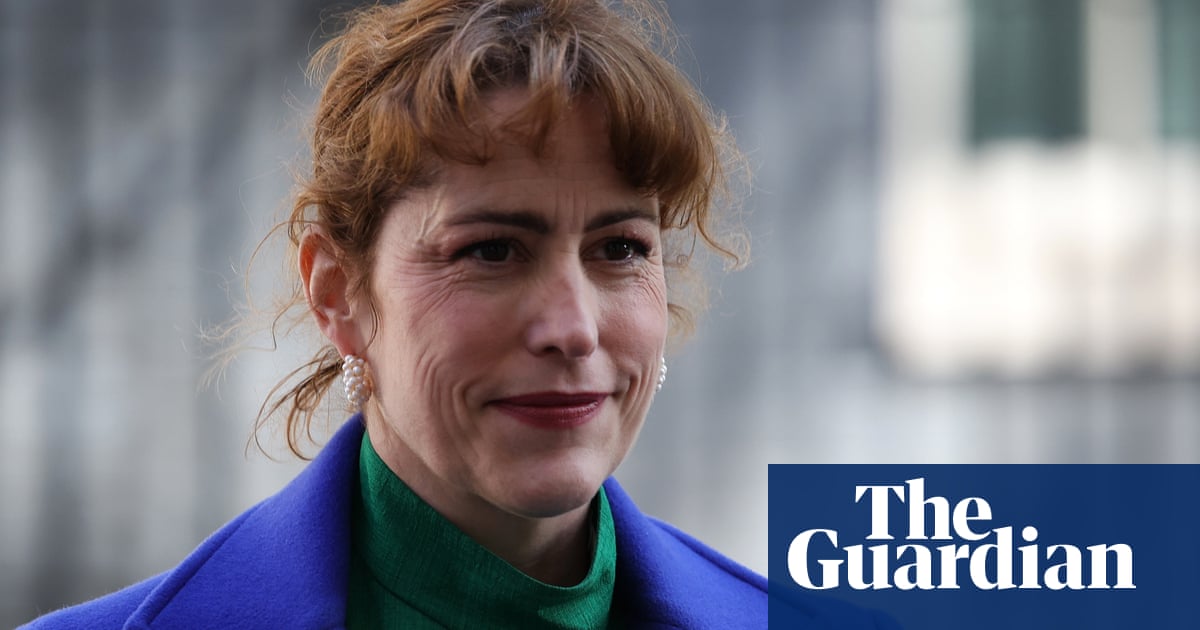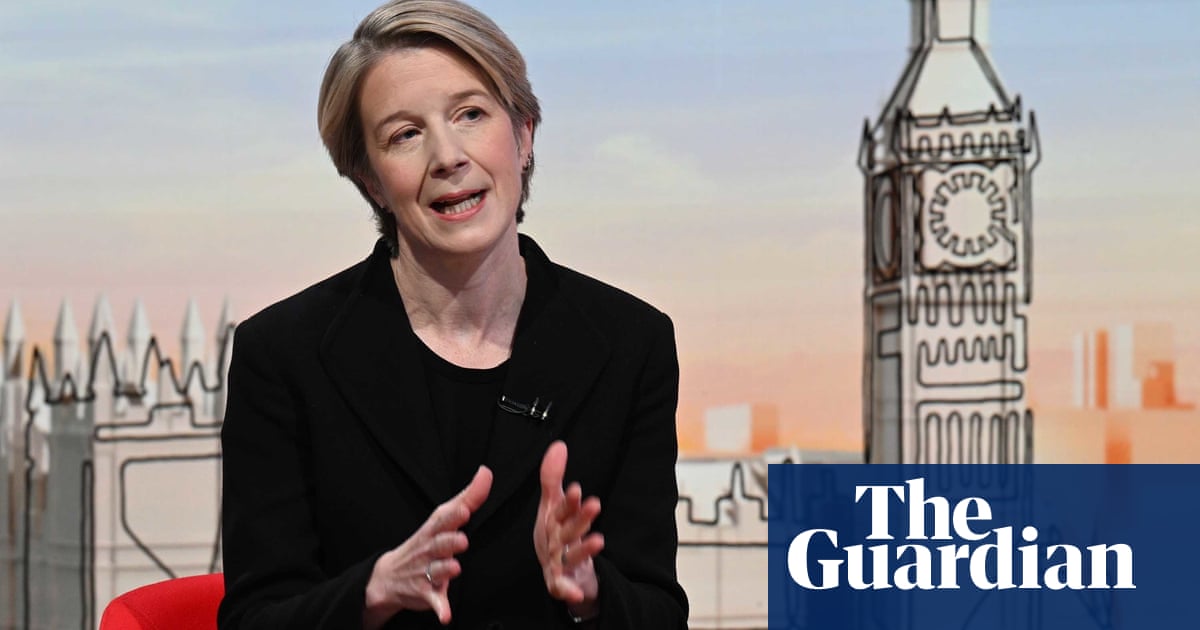
Doctors and nurses should not be having to decide whether to treat coronavirus patients without adequate personal protective equipment (PPE), Alok Sharma, the UK business secretary, has admitted.
Sharma declined to apologise for PPE shortages in hospitals and care homes across the UK but said he “completely accepts that it is up to the government to fix”.
Medical groups have warned for weeks that medics do not have enough equipment such as gowns, masks and goggles, while the government has acknowledged logistical problems in moving supply around the country.
With shortages on the frontline persisting and 19 deaths of NHS workers so far, the Royal College of Nursing advised members to refuse to treat patients with suspected or confirmed coronavirus if they do not have enough PPE.
Sharma told Sky News’s Ridge on Sunday: “It is absolutely right that no medical professional should be placed in a position where they have to make that choice. That for me is self-evident. That is why we are making sure we get the equipment to the frontline.”
However, he refused to apologise specifically over the supply of PPE and said he was “sorry for the loss of any life during this pandemic”.
“It is our job to make sure we get that healthcare equipment, that PPE, out to them,” he said. “Right now, your viewers will be asking does the government have a plan to get this PPE out to the frontline and the answer is yes, we do have a plan.
“We are putting that in place, with millions of pieces of PPE kit going out to the frontline. Of course, we need to be doing even more,” he said.
On Saturday, Priti Patel, the home secretary, also stopped short of a full apology, saying: “I’m sorry if people feel there have been failings.”
It was reported over the weekend that Kingston hospital in south-west London had said it was nearly out of gowns, while other hospitals had been trying to source their own equipment from China.
Addressing those claims, Sharma told the BBC’s Andrew Marr Show: “There is clearly a need for more gowns, there is clearly a need for more PPE. But the government has a plan.”
Sharma was also pressed on concerns that only 1.4% of the 300,000 applications for business support had been processed to help struggling firms.
The business secretary said it was being addressed with the banks. “I have spent the last couple of days talking directly to some of the largest lenders who are part of this scheme,” he said.
“I am very clear to say to them, we need to get money out of the door as soon as possible and they understand that, and banks know on this occasion why they have to be part of the solution, and they want to be part of the solution.”
With questions mounting about the government’s response, Keir Starmer, the Labour leader, said parliament needed to return to scrutinise decision-making as soon as possible.
A spokesman for Jacob Rees-Mogg, the leader of the Commons, said parliament would return on 21 April but Starmer said there needed to be urgent talks about how ministers would be held to account virtually.
At the end of his first week in the job, Starmer struck a largely supportive note towards Boris Johnson’s administration. He said: “There are going to be difficult questions about whether the government was too slow but now is not the time for them.”
But he said the government must publish its exit strategy from the lockdown and deal with PPE shortages.
He said there was a “real issue about protective equipment, with the government saying one thing and the frontline saying another”, with a mismatch between what ministers and medics are saying.
Starmer acknowledged it was not easy to get PPE in the right place at the right time. However, it would be smart of the government to acknowledge its PPE ambitions have not been matched by reality“and probably just to apologise for that and get on with it”.












